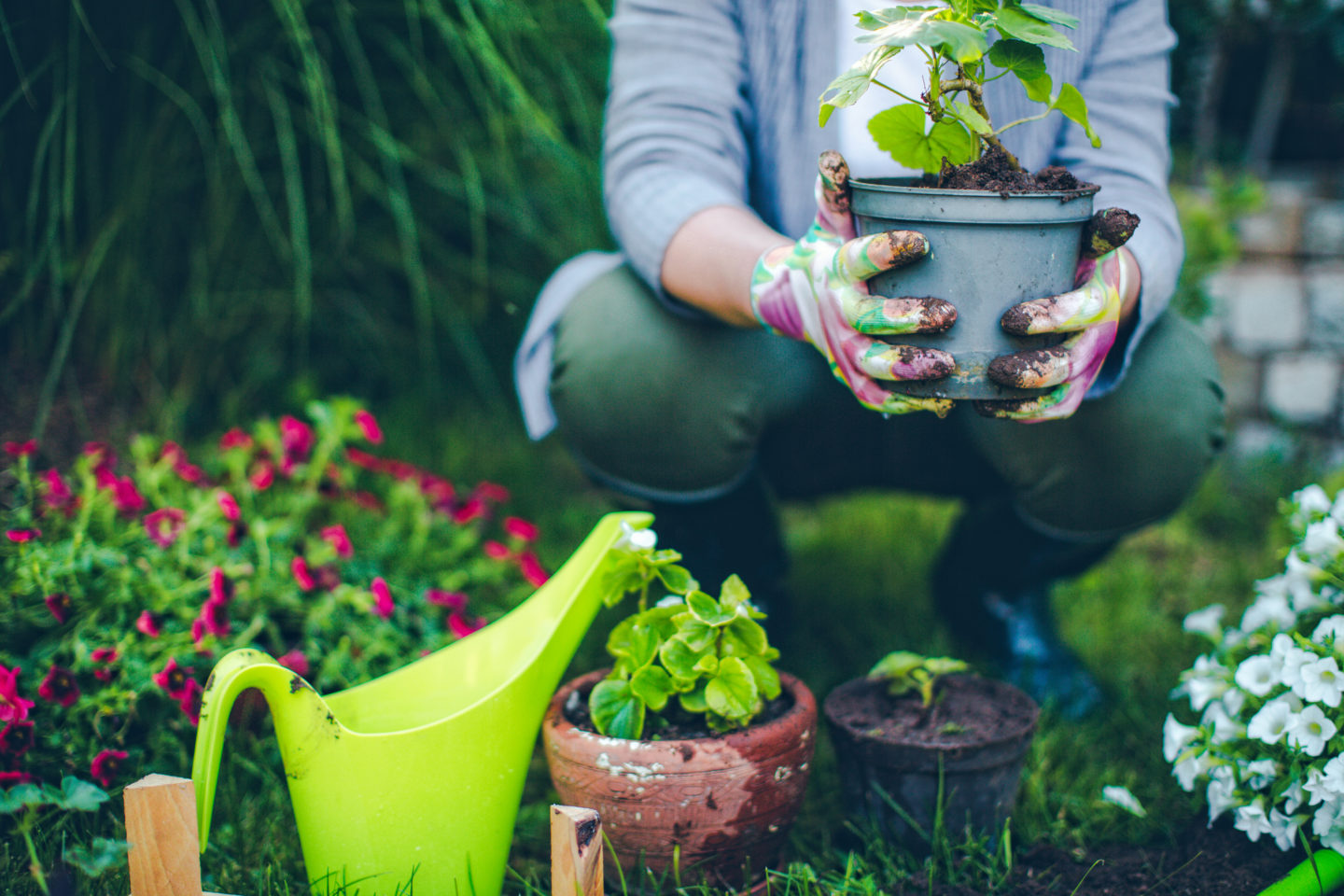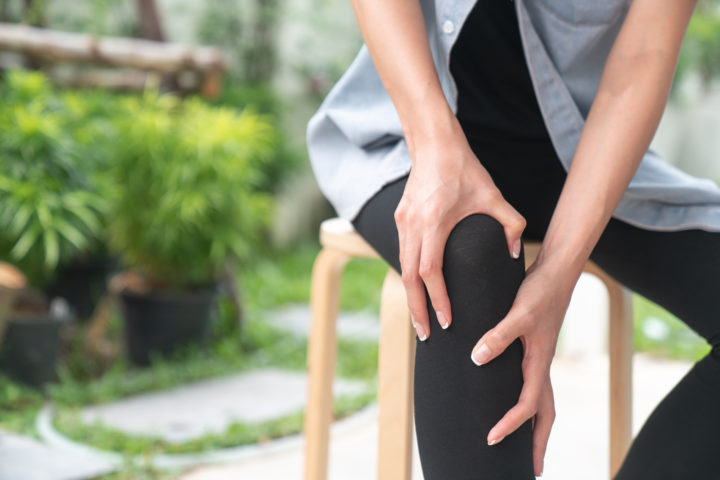As the daughter of a florist, people usually assume that I have a green thumb.
Unfortunately for me, that was never the case. Growing up, I would try to help my dad plant flowers or vegetables, but the only thing I was really ever good at was adding to the compost pile. I gave up gardening pretty early on, and I never expected to go back to it.
Then my sophomore year of college, I started dealing with what ended up being a long and difficult bout of depression. I stopped attending the clubs and activities that I once enjoyed and spent most of my time in my room. When Spring semester rolled around, I found myself in an environmental science lab called “Spring Planting.” I’d signed up for this course because I am not a science person and it sounded easier than general biology. I never expected it to become such a big part of my life.
When we first started working in the community garden, I dreaded it. The sun was hot, my hands were blistered from the rough handles of our gardening tools, and my tolerance for bugs was at all time low (no matter how beneficial to the environment everyone else thought they were). Then one day about half way through the semester, my first seed started to sprout. It was a little tomato plant that I soon grew very attached to, despite the fact that I don’t even like tomatoes. I started showing up to class early so I could grab the best tools first, and I even came in on weekends just to make sure my plants were still thriving.
These plants not only gave me a reason to get out of bed everyday, but they also gave me a community to attach myself to. I became close friends with people in the community garden club, and I even had a nice informal relationship with the woman who worked in the gardening center at Lowe’s. I didn’t realize it right away, but gardening became a form of therapy for me.
Gardening has been proven to work against symptoms of depression and anxiety. The sense of responsibility, the fresh air, and the soothing relationship that humans can form with nature all work in conjunction when you’re gardening to help relieve some of the physical and emotional symptoms that come with mental illness. Gardening also opens the opportunity to grow your own food, and studies show that a clean diet can also treat depression symptoms.
For me, working in the garden gives me a goal to work towards. My plants have become like pets to me, only without the expense or the allergies. When I see my plants thriving, it makes me feel good about myself to know that I made it happen. It makes me feel like I have the capability to love and nurture something enough to make it viable. Putting physical energy into these projects helps relieve some of my anxiety, and at the end of the day, I have something to show for it.
Gardening may not be right for everyone, but even if you don’t consider yourself the outdoorsy type, it’s definitely worth a try. Small projects are cheap to start, easy to do, and you have nothing to lose in the process.




comments